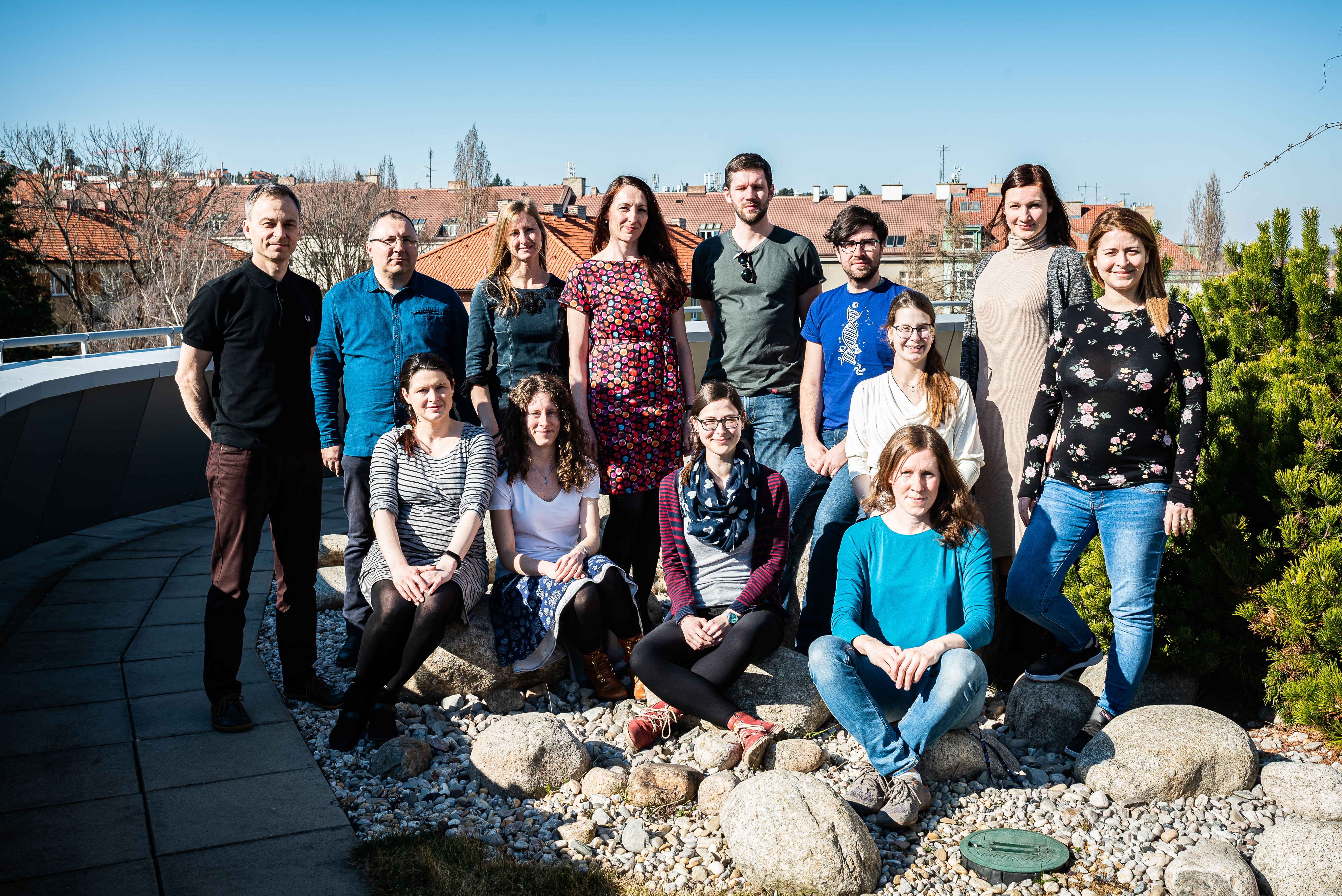O naší skupině
Výzkumný program skupiny je zaměřen na biologické membrány a enzymatickou katalýzu v jejich kontextu. Studujeme všudypřítomné intramembránové proteasy z rodiny rhomboidů a mechanistické aspekty jejich funkcí, které jsou relevantní pro biologickou signalizaci, biogenezi membránových proteinů a jejich proteostázi. Při naší práci integrujeme nástroje a přístupy membránové biochemie, enzymologie a strukturní biologie, abychom zjistili jak rhomboidy rozpoznávají své substráty, a uplatňujeme metody kvantitativní proteomiky, buněčné biologie a genetiky, abychom odhalili funkce rhomboidů v organismech. Jsme mezinárodní výzkumná skupina a vítáme motivované studenty a postdoky, kteří by měli zájem s námi pracovat. Neváhejte se ozvat.
Upozornění: EN verze těchto stránek je aktualizována častěji, rozsáhleji a pečlivěji. Koukněte raději tam.

X
Blog
Zobrazit všePublikace
Všechny publikace






